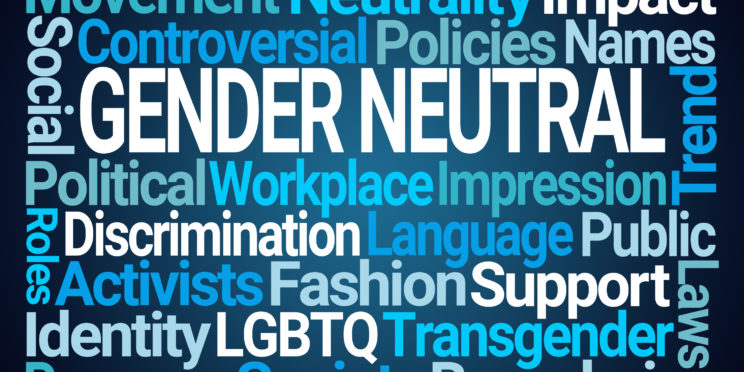When seeking review of a lower court’s ruling, try not to get yourself in trouble by sounding disrespectful of the judge’s decision When appealing a ruling by a lower court, take care in how you characterize the court’s mistake in…
For the sake of brevity, at the very least, banish these phrases from your writing
“Good writing is lean writing.” For decades, Richard J. Blood drilled this mantra into the minds of his students in his notoriously grueling Reporting and Writing 1 class at Columbia University’s Graduate School of Journalism. The renown trainer of journalists…
We Need to Talk About Your Special Interrogatories
This month, I’ve seen three sets of poorly written special interrogatories from different attorneys. These are not inexperienced, first year attorneys, but seasoned family law attorneys with an average of 15 years of experience. I get it, it’s easy to…
The Simple Elegance of a Semicolon
When you mean to suggest a close relationship between two separate statements, consider joining them with this highly effective punctuation mark. As we have discussed in this column, a comma may be used to combine two sentences into one. But…
Avoiding Comma Confusion, Part II
When constructing sentences, be sure to correctly use this frequently abused punctuation mark.
In January, we discussed several frequently forgotten rules concerning correct placement of commas. This month, we continue with that topic by looking at a few ways this punctuation mark should be used in sentence construction. Place a comma after an…
Avoid comma confusion
Remember these frequently bungled rules
Using punctuation correctly and to best effect is essential to achieving clarity and readability in writing. In legal writing, this is especially so when it comes to the comma. For example, failing to use a serial comma after the second…
Home in on this commonly botched expression
Shortly after the U.S. Supreme Court denied injunctive relief to the opponents of Texas’ anti-abortion law, a post appeared on a popular legal news website describing the forcefulness of the four dissents. The article states, “Justice Breyer’s [] hones…
Don’t say bold-faced when you mean bald-faced
When addressing the court, be sure not to bungle common expressions When U.S. Rep. Andrew Clyde (R-Ga) told the American people that the January 6, 2021 attack on the Capitol could not accurately be called an “insurrection,” he not only…
The Beauty of Bullet Points
When a long sentence contains a collection of items that are similar in nature and importance, consider replacing it with an introductory clause followed by a bulleted list. In the March, 2021 edition of the Bulletin, we discussed the importance…
Favor the Simple, Declarative Sentence
Resisting the urge to pack your sentences with numerous thoughts and details will make your writing easier to understand and thus, more effective. Use of sprawling, convoluted sentences—in legal memoranda, briefs to the court, judicial opinions, statutes, and transactional documents—is…
Conclude Forcefully
In the final section of your brief, don’t forget to remind the court why your side should win. All too often, having run out of time, space, and energy, you finally get to the end of the brief you’ve been…
When to Stay Away From Him, Her, and Them
In legal and other formal writing, when you don’t know the gender identity of a specific human individual and are not in a position to inquire, it’s best to avoid using any of the singular personal pronouns to refer to…








